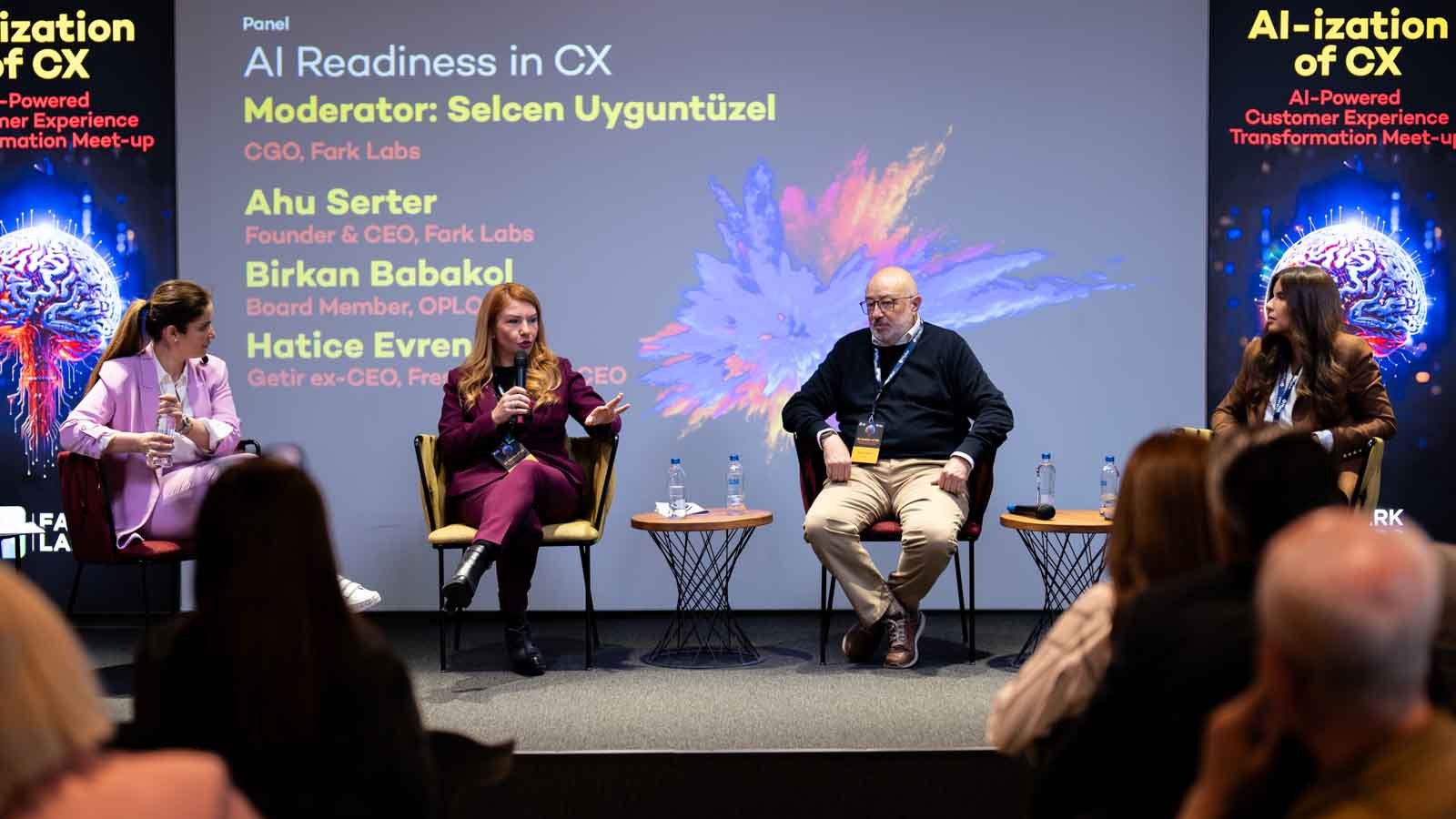Last week, European Union officials worked into the late hours to reach an agreement on worldwide leading rules regulating the use of artificial intelligence within the 27-member bloc.
The Artificial Intelligence Act is the latest set of regulations aimed at governing technology in Europe and is expected to have a global impact.
Here is a detailed examination of the Artificial Intelligence Act:
Artificial Intelligence Act: A Risk-Based Approach
The Artificial Intelligence Act introduces a “risk-based approach” to products or services involving the use of artificial intelligence, focusing on regulating AI applications rather than technology itself. This regulation aims to protect fundamental rights such as democracy, the rule of law, and free speech, while also encouraging investment and innovation.
The rules are stricter for applications with higher risks. Systems with limited risks, such as content recommendation systems or spam filters that explicitly disclose they are powered by AI, must adhere to lighter rules.
High-risk systems, like medical devices, will be subject to stricter requirements, including the use of high-quality data and providing transparent information to users.
Certain AI applications, such as social scoring systems influencing social behavior, predictive policing in some forms, and emotional recognition systems in schools and workplaces, are banned due to unacceptable risks.
Police using AI-supported remote “biometric identification” systems for scanning faces in public spaces will be allowed in serious crimes like kidnapping and terrorism.
The Artificial Intelligence Act will not come into effect until it receives final approval from the European Parliament, and it will take two years from then. Violations could lead to fines of up to 35 million euros (38 million dollars) or 7% of the company’s global revenue.

How Does the Artificial Intelligence Act Affect the World?
While the Artificial Intelligence Act will apply to nearly 450 million residents of the European Union, experts suggest that its impact could extend far beyond, given Brussels’ role in setting standards that act globally.
The EU has played a similar role in technology directives before, notably mandating a common charging cable that forced Apple to abandon its proprietary Lightning cable.
Columbia Law School professor and EU law and digital regulation expert Anu Bradford stated, “The Artificial Intelligence Act is the world’s first comprehensive, horizontal, and binding regulation of artificial intelligence. It will not only be a game-changer in Europe but also a crucial driver for the world, showing that artificial intelligence can be regulated and its development subjected to democratic control.”
Even things the law doesn’t do can have global impacts, say advocacy groups.
By not enforcing a complete ban on live facial recognition, Brussels has “greenlit dystopian digital surveillance across the 27 EU Member States and made a globally destructive predetermined decision,” according to Amnesty International.
Amnesty also criticized the legislation for not banning the export of AI technologies that could harm human rights.

What Are Countries Doing Regarding AI Regulations?
The world’s two major AI powers, the United States and China, have begun working on their regulations.
President Joe Biden of the United States signed a comprehensive AI executive order in October, expecting legislation and global agreements based on this order.
This order requires leading AI developers to share security test results and other information with the government. Agencies will establish standards to ensure the safety of AI tools before they are disclosed to the public and will publish guidance for labeling content generated by AI.
Biden’s order builds on voluntary commitments previously made by technology companies like Amazon, Google, Meta, and Microsoft.
Meanwhile, China has introduced measures for the “wandering AI management” for content produced for internal audiences, including text, images, audio, video, and other content.
President Xi Jinping also proposed the Global AI Governance Initiative, calling for an open and fair environment for AI development.

How Does the Artificial Intelligence Act Affect ChatGPT?
The remarkable rise of OpenAI’s ChatGPT has demonstrated the dramatic progress of technology, prompting European policymakers to update their recommendations.
The Artificial Intelligence Act includes provisions for chatbots and other “general-purpose artificial intelligence systems” capable of performing a wide range of tasks. Authorities have imposed rules, including basic transparency requirements for most general-purpose systems, detailing data management and specifying the amount of energy spent on training models as a reference to the EU’s environmental sustainability efforts.
More stringent rules will apply to the most advanced AI systems that pose “systemic risks,” which other software developers building on their products may not want.
Contributions to this report were made by AP writer Frank Bajak from Boston.














































